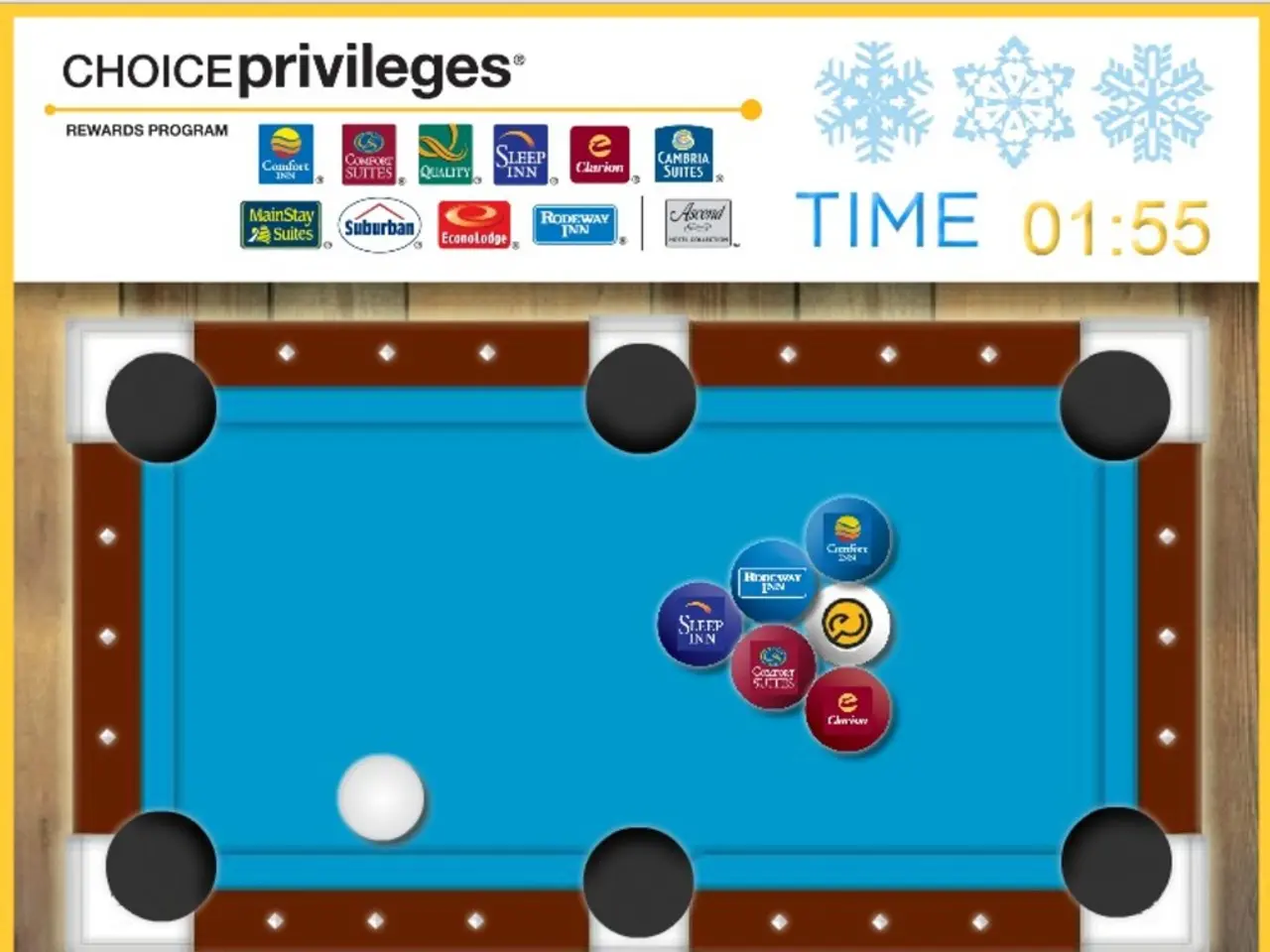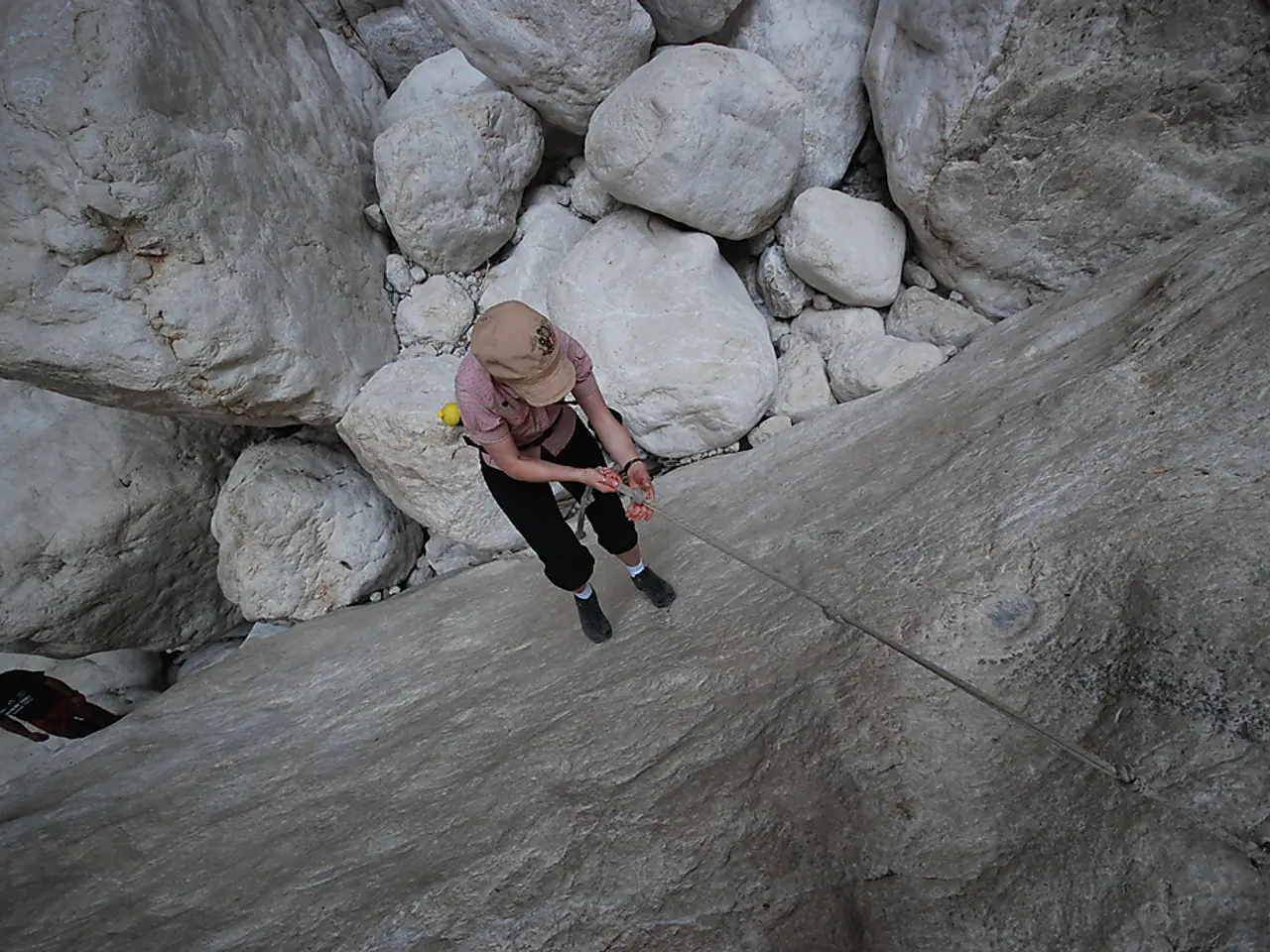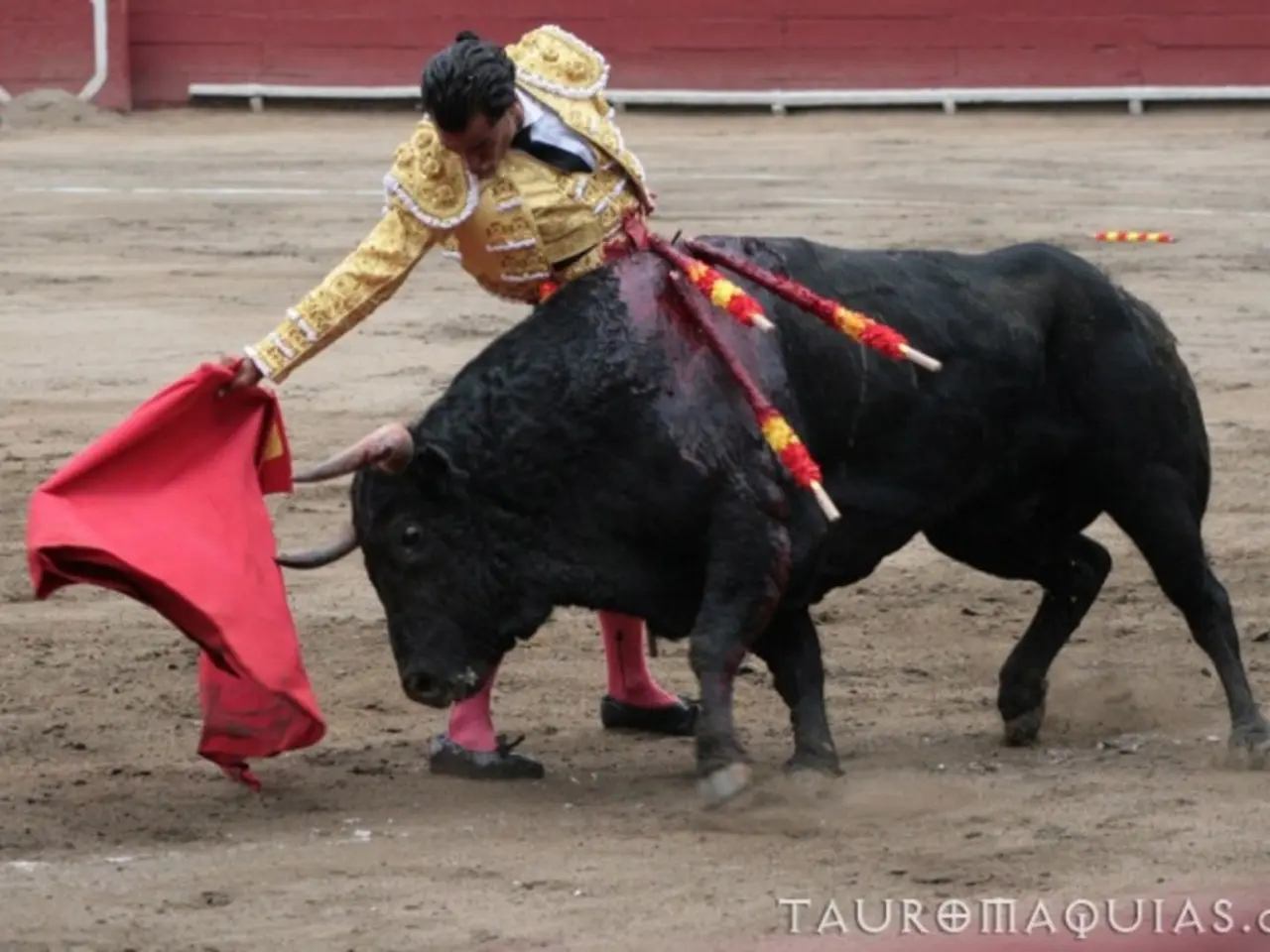"Tencent is being sued by Sony for allegedly creating an inauthentic imitation of the popular series, Horizon"
In a significant move for the gaming industry, Sony has filed a lawsuit against Tencent over the latter's upcoming game, Light of Motiram. The lawsuit alleges that Light of Motiram is a "slavish clone" of Sony's award-winning Horizon series, infringing on copyright and trademark rights by copying multiple distinctive elements from Horizon to the point that it could confuse players [1][4].
The lawsuit documents several similarities between the two games, including mechanized animals, a post-apocalyptic open world, and the protagonist's design. Sony claims that Tencent began development on Light of Motiram in 2023 and approached Sony in 2024 at the Game Developers Conference seeking a license to develop a Horizon game, which Sony declined [4].
Despite this denial, Tencent continued developing Light of Motiram with heavy inspiration from Horizon. Following the lawsuit announcement in late July 2025, Tencent quietly made several changes to Light of Motiram's Steam page, removing or replacing key art and screenshots that featured clear visual similarities to Horizon, and revising the game description to remove references directly echoing Horizon's premise and mechanics [2][3][4][5].
The outcome of this lawsuit could set a precedent for how closely developers can follow the aesthetic and mechanics of existing franchises before they're called out for crossing the line. It may lead to greater scrutiny of games that appear heavily inspired by or closely emulate successful titles, reinforcing the need for licensing agreements or original content creation [6].
If Sony succeeds, Light of Motiram could be delayed, modified, or even blocked entirely. This case carries significant consequences for IP rights enforcement and originality standards within the global gaming industry [1][2][3][4][5]. It also underscores heightened attention to cross-border IP enforcement, given the involvement of a major Chinese tech conglomerate and a U.S.-based court [7].
This is not the first high-profile IP clash in the gaming industry. Last year, Nintendo targeted Palworld developers over Pokémon-like mechanics [8]. The game's fate now hinges on courtroom decisions, involving two of gaming's biggest players.
References:
- The Verge
- IGN
- Polygon
- Kotaku
- GamesRadar
- GameSpot
- Bloomberg
- Business Insider
In the dynamic world of entertainment, discussions about Light of Motiram's similarities to Sony's Horizon series on social media platforms have escalated, particularly amidst the ongoing lawsuit. Movies and TV shows, while seemingly unrelated, may witness increased scrutiny on imitations or emulations from successful titles, encouraging original content creation and the need for licensing agreements.





